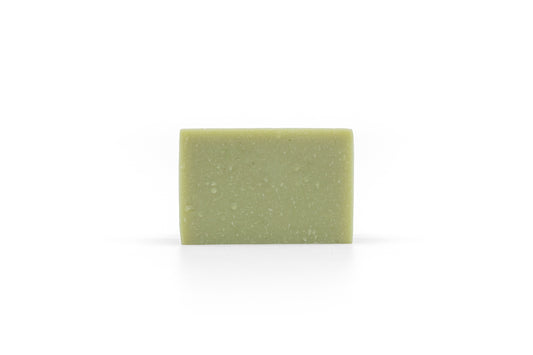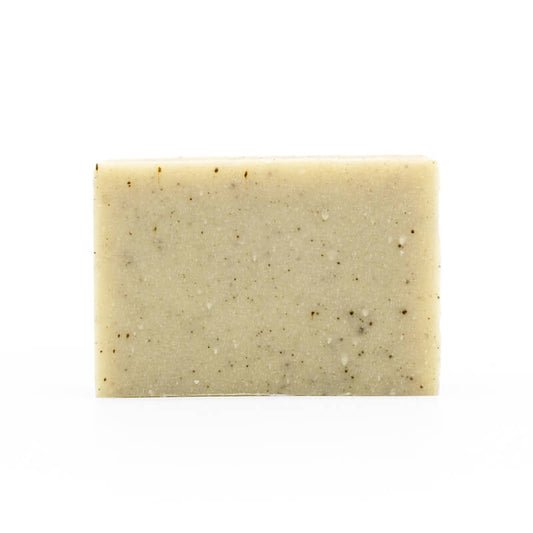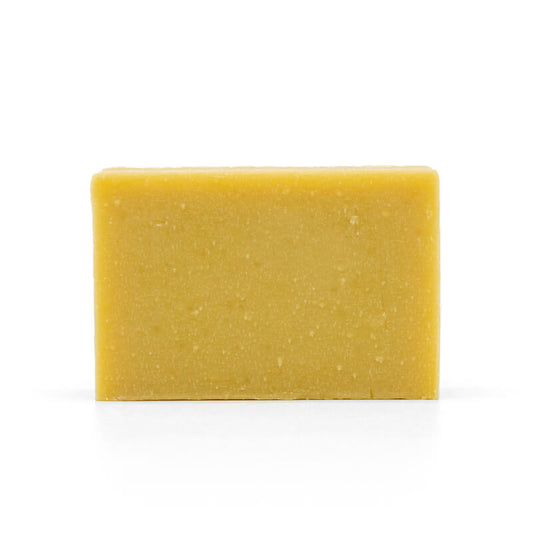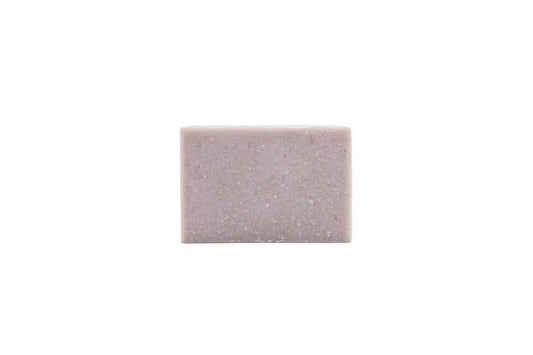Kaolin Mineral Clay
 A highly versatile and timeless natural resource, kaolin mineral clay can be found in countless locations around the globe, and it has been used by humans since antiquity. Today this multipurpose material is still used in a large number of applications and consumer products, including the cold process soaps of Beaverton’s.
A highly versatile and timeless natural resource, kaolin mineral clay can be found in countless locations around the globe, and it has been used by humans since antiquity. Today this multipurpose material is still used in a large number of applications and consumer products, including the cold process soaps of Beaverton’s.

Loose kaolin mineral clay ; Image: Great Mining
Kaolin mineral clay, sometimes referred to simply as “kaolin”, is primarily composed of kaolinite, a hydrous aluminium phyllosilicate mineral. Belonging to a group of closely related materials known as “clay minerals”, kaolinite is a common substance within the Earth’s crust and is one of the most abundant components of natural clay. Kaolinite is most well known for its bright white appearance, but it may be discoloured by iron oxides and appear beige or reddish. Like other clay minerals, kaolinite possesses the ability to take in extra water when wet and deform in a plastic manner before returning to a semi-rigid state when dry; it is this behaviour that allows clay to be moulded into ceramics, one of its oldest uses. Kaolinite does not swell from moisture as much as other clay minerals thus making it an important component in maintaining the strength of ceramics as they are baked; contemporary ceramics still contain a notable amount of kaolinite for this reason, with white ceramic products often containing a very significant percentage of kaolinite as it also helps to enhance their appearance. In addition to brightening ceramics, kaolinite is used to brighten and enhance the opacity of paper products, paints, and cosmetics. The absorbent properties and low abrasiveness of kaolinite also made it useful as a treatment for digestive discomfort and as a component of toothpaste.

Chunks of unprocessed kaolinite ; Image: Encyclopedia Britannica
All of kaolinite’s characteristics make kaolin mineral clay a fantastic addition to Beaverton’s natural bar soaps. As an ingredient in soap, kaolin mineral clay helps to absorb excess moisture and wick oils away from the skin, aiding in the cleaning process. The smooth texture of kaolinite also adds additional softness to soap when scrubbed against the skin yet stabilises and hardens the constitution of soap bars, giving Beaverton’s soap bars more strength and longevity in the face of thorough use. Beyond its physical properties, kaolin mineral clay often contains trace amounts of zinc, potassium, calcium, and magnesium which help the skin fight damage and inflammation. Aluminium may also be found in kaolin mineral clay, which works together with zinc and magnesium to discourage the growth of bacteria.

Bright white kaolinite, freshly extracted from the ground ; Image: Xatico
The properties of kaolin mineral clay make it a perfect ingredient in naturally derived cold process soaps. From its effect on the appearance of soap, to the way in which it strengthens solid soap bars, to its oil cleansing properties, kaolin mineral clay is a welcome addition to almost any soapmaker’s toolkit. The cold process soaps from Beaverton’s bring all of kaolinite’s wonderful benefits into the home and directly to the skin, giving everyone the opportunity to experience its delight.







